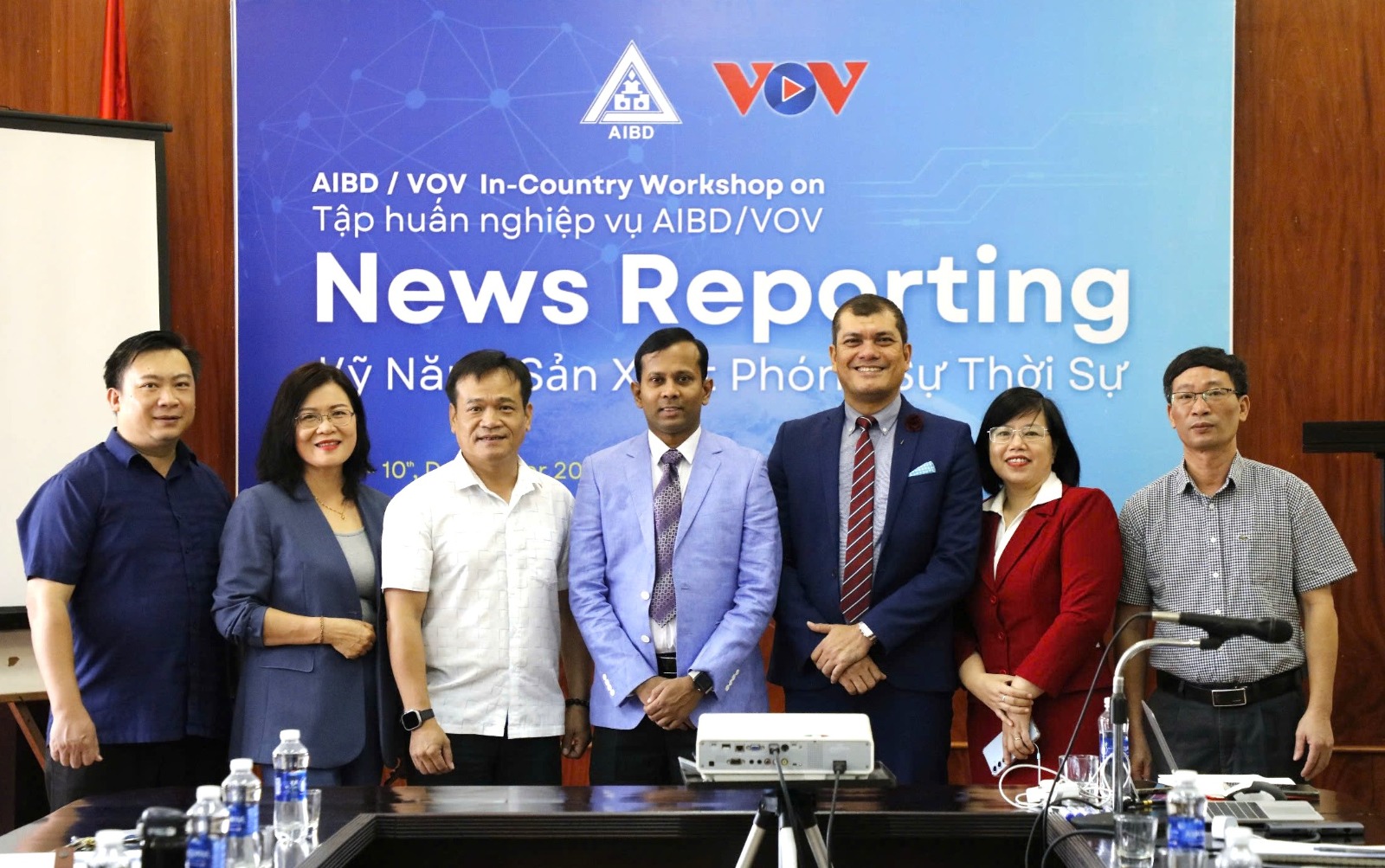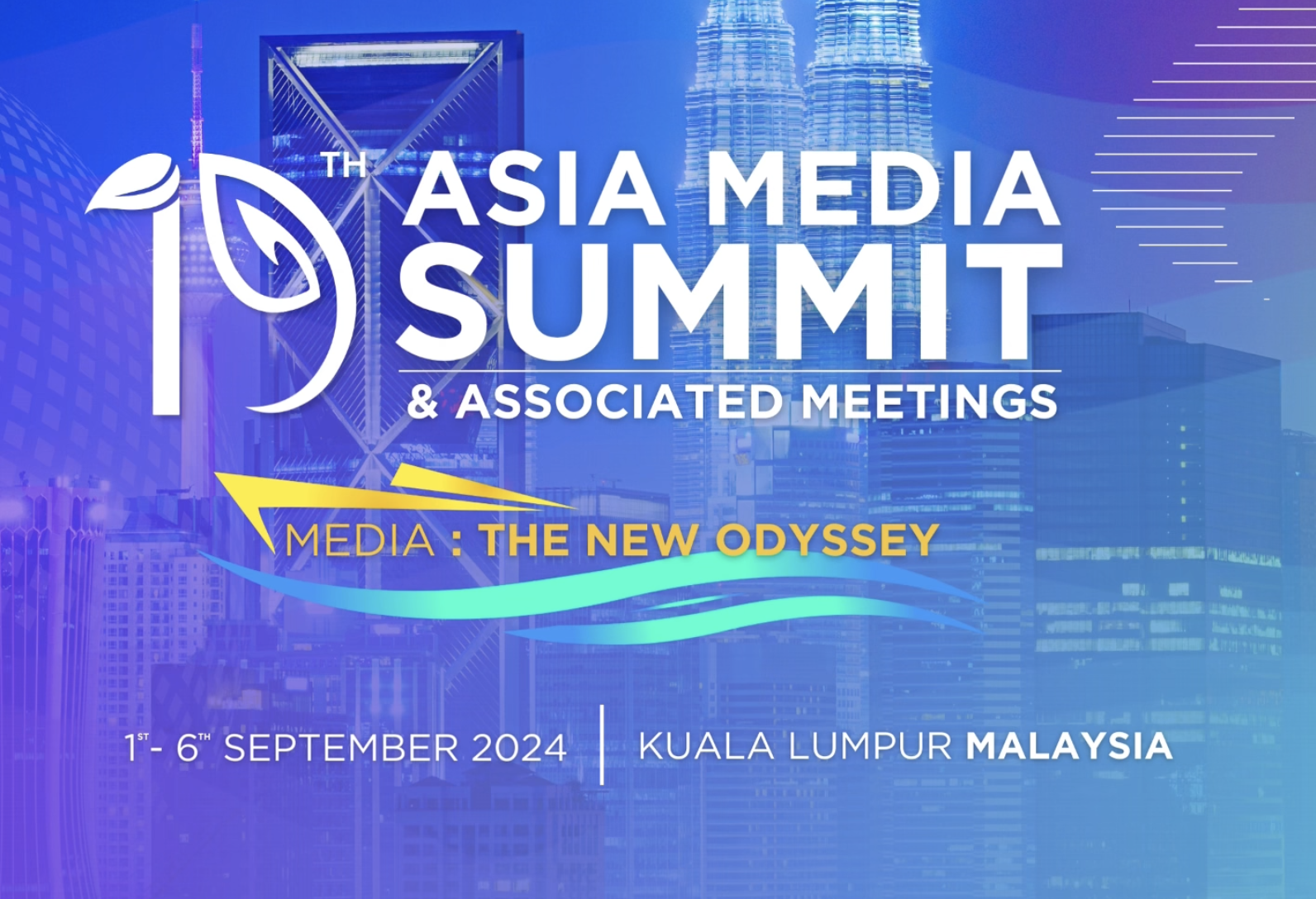More Recommendations for the Bangkok Declaration 2003 +10
Broadcasters and other media stakeholders in Asia Pacific presented yesterday additional recommendations for the proposed Bangkok Declaration 2003 +10 that will serve as a guide in strengthening their responses to the changing media landscape and emerging global realities.
Broadcasters and other media stakeholders in Asia Pacific presented yesterday additional recommendations for the proposed Bangkok Declaration 2003 +10 that will serve as a guide in strengthening their responses to the changing media landscape and emerging global realities.
The Bangkok Declaration + 10 is a revised document sourced from the original Bangkok Declaration 2003 which was approved at the 1st Conference of Ministers of Broadcasting on Information and Broadcasting in Bangkok in May. The original document contained five themes, which was later revised to include five more additional subjects. The themes with corresponding recommendations are cultural diversity, globalization, digital divide, public service broadcasting human resource development, media accountability, social media, media and environment, media in countries of conflict and transition states, and women empowerment.
At the parallel session on ‘The Bangkok Declaration 2003: What’s Next,’ participants identified other recommendations to be incorporated into the Bangkok Declaration 2003 + 10.
These recommendations call on broadcasters to
-
Introduce and implement code of conduct to ensure moral and ethical contents, especially when using social media;
-
Adopt light-handed rules or practices, which encourage to protect copyright, provide protection for consumers, and invest in innovative and creative products and services in traditional media, especially social media.
-
Protect mother languages across the globe
-
Ensure that all of the world’s population have access to television and radio services as well as to ICTs
-
Encourage the development of content and put in place technical conditions in order to facilitate the presence and use of all world languages on the Internet;
-
To send a strong message that discourages the use of media to misinform and sow hatred, particularly in countries of conflict and in transition states;
-
Provide regular training for staff in PSB to understand new technology and how it works, to produce content that is attractive and beneficial to the people
-
Ensure media and information literacy programs are propagated in all media
-
Encourage broadcasters to interact with audiences, for instance, with activists of climate change, who have become active users of new media.
After the Asia Media Summit, AIBD will revise the proposed Bangkok Declaration 2003 + 10, which will then be presented before AIBD General Conference for their review and final approval in Nepal in July.





